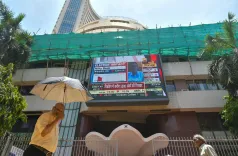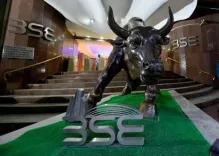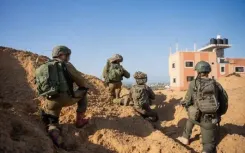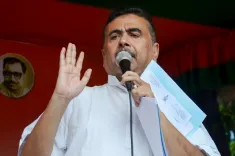How is South Korea enhancing market monitoring amid the Mideast crisis?
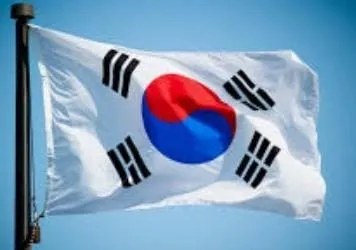
Synopsis
Key Takeaways
- Enhanced Monitoring: South Korea is boosting its economic and financial market monitoring.
- Contingency Plans: The government has outlined plans to respond swiftly to market fluctuations.
- Joint Emergency Response: A collaborative team has been formed to address the situation effectively.
- Geopolitical Risks: Increased vigilance is crucial due to escalating military tensions.
- Market Stability: Maintaining a stable domestic financial market is a priority.
Seoul, June 19 (NationPress) The government has announced plans to strengthen its monitoring of the economy and financial markets, as well as to implement effective responses guided by contingency plans in light of rising tensions in the Middle East, as stated by the finance ministry on Thursday.
This commitment was made during a meeting focused on macroeconomic concerns, led by Acting Finance Minister Lee Hyoung-il, along with Bank of Korea (BOK) Deputy Governor Ryoo Sang-dai, and senior officials from the Financial Services Commission and the Financial Supervisory Service, as reported by the Ministry of Economy and Finance.
“In the aftermath of Israel's airstrike on Iran, we have observed increased volatility in commodity prices and global financial markets,” Lee remarked, according to reports from Yonhap news agency.
“While the domestic financial market remains relatively stable, there is still considerable uncertainty due to the ongoing Israel-Iran conflict and ambiguous U.S. tariff policies,” he added.
In response to these challenges, the government is “on alert, vigilantly monitoring the situation and operating a 24-hour monitoring system,” as stated by Lee, who also mentioned the establishment of a joint emergency response team involving relevant agencies.
“If necessary, the government will act swiftly, coordinating closely with relevant agencies based on various contingency plans,” Lee emphasized.
The central bank reaffirmed its commitment to stabilizing the market during its separate meeting.
“Geopolitical risks have surged due to the recent military engagement between Iran and Israel, raising concerns over potential escalation. We will maintain a heightened state of vigilance and closely observe market conditions, given the possibility of increased volatility in financial and foreign exchange markets,” BOK Deputy Governor Park Jong-woo stated.
Discussing the recent U.S. Federal Open Market Committee (FOMC) meeting, Park noted that uncertainty regarding the future trajectory of U.S. monetary policy has intensified.
“Fed Chair Jerome Powell has adopted a cautious approach to policy decisions, considering factors such as U.S. tariff policies, while projections among Fed officials remain widely varied,” Park added.
The Fed has kept its key interest rate steady and continues to forecast two rate cuts within the year, as it assesses the implications of President Donald Trump's tariff measures alongside the escalating Israel-Iran conflict.

